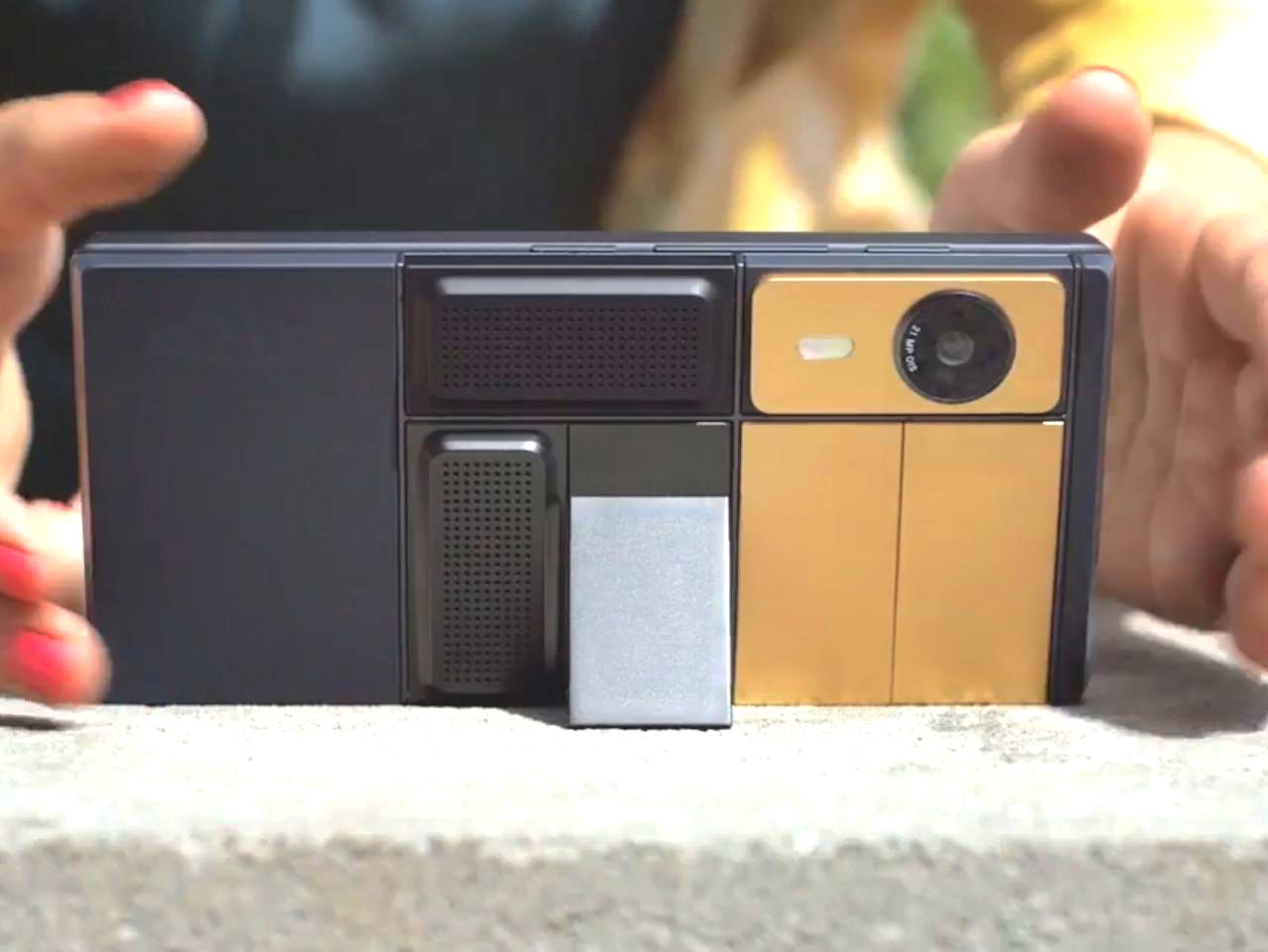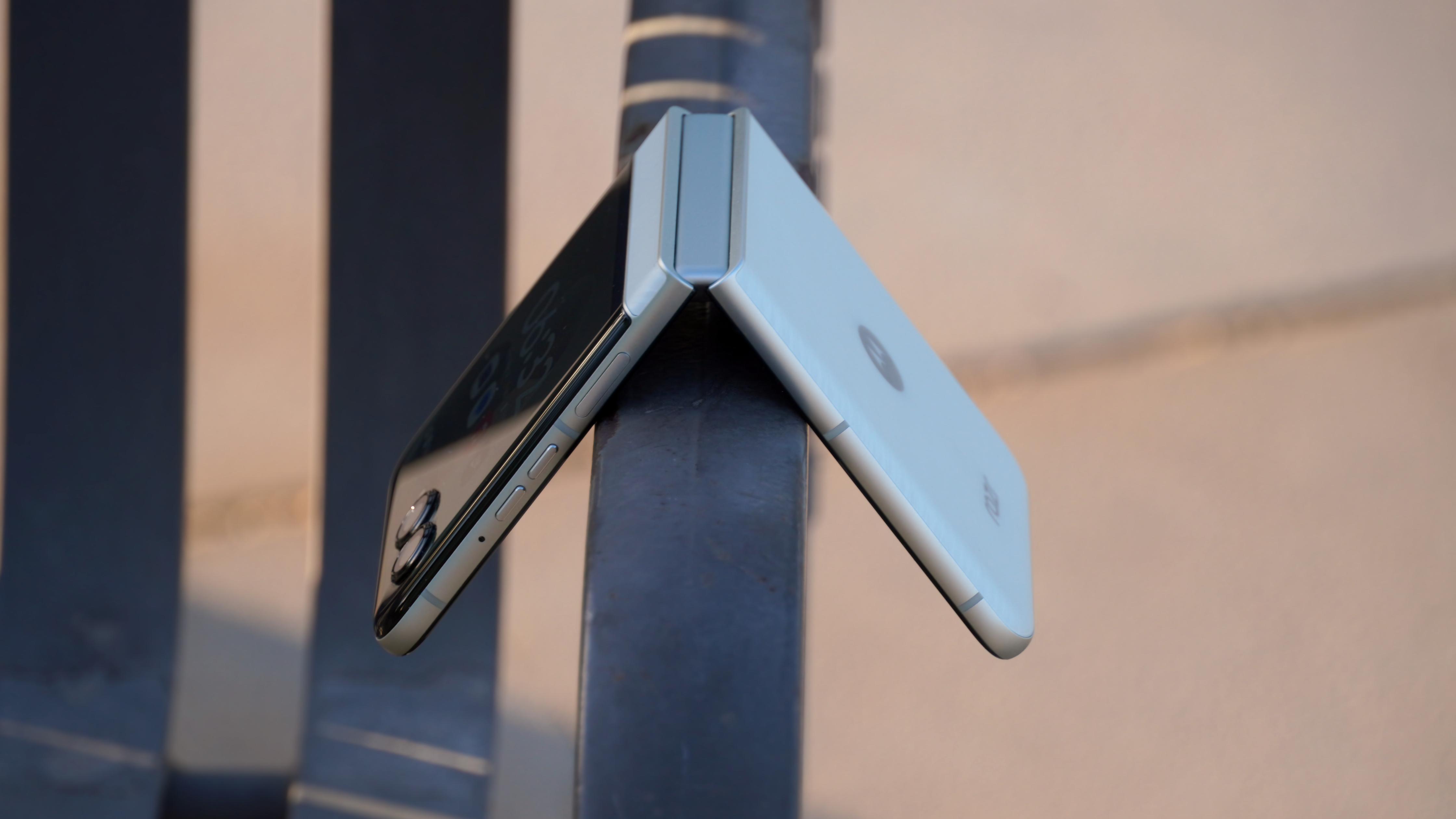The rise and fall of Ara, Google's cancelled modular smartphone

Project Ara will always be one of the most fascinating and tragic stories in the history of smartphones. From its strange rise in 2013, boosted by its proximity (and similarity) to competitor Phonebloks, to its eventual goal of being released as a barebones $50 kit to enable low-income families in developing nations access to the internet, its ambition was always evident.
But in September 2016, after Regina Dugan left ATAP, the Google division in charge of Ara, for a job at Facebook, then-new head of hardware at Google, Rick Osterloh, suspended the project.
In the intervening three years, though, Ara developed a loyal and vocal group of supporters, many of whom mourned the project's passing with considerable emotion.
Harrison Weber of Venturebeat has the full story of how Ara came to be and what, with a few different decisions along the way, it might have been.
The sheer audacity that brought Ara to life — a phone you could create, block by block — made it impossible for [it] to succeed.
The dream of Ara: Inside the rise and fall of the world's most revolutionary phone
Get the latest news from Android Central, your trusted companion in the world of Android

Daniel Bader was a former Android Central Editor-in-Chief and Executive Editor for iMore and Windows Central.
